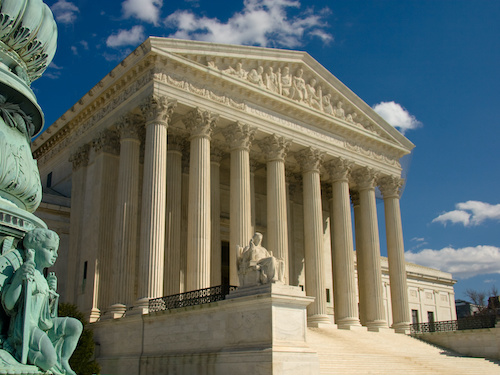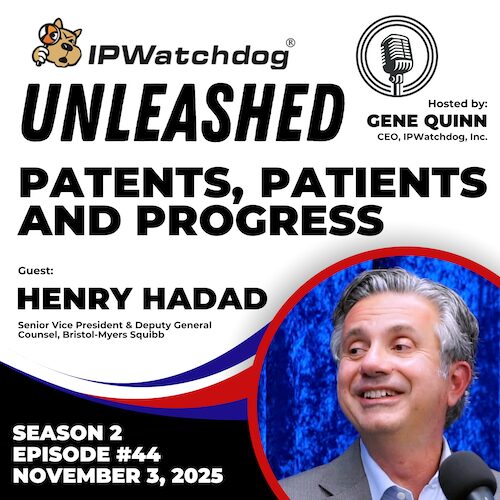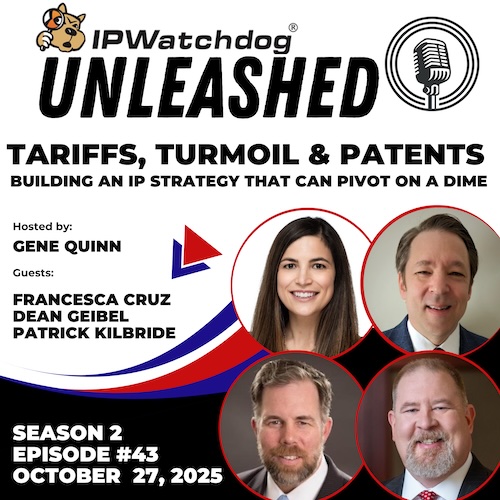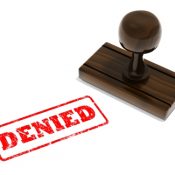“Cox asserted that contributory liability requires an ‘affirmative, culpable act with the purpose of furthering the misuse,’ and that simply providing internet infrastructure does not meet that standard.” – Cox’s Reply Brief
 The U.S. Supreme Court on Monday granted a motion from the U.S. Solicitor General to participate in oral argument as an amicus in the copyright case between Cox Communications and Sony Music Entertainment. The order allows the government to weigh in during the December 1 hearing on whether an internet service provider (ISP) can be held contributorily liable for copyright infringement committed by its users.
The U.S. Supreme Court on Monday granted a motion from the U.S. Solicitor General to participate in oral argument as an amicus in the copyright case between Cox Communications and Sony Music Entertainment. The order allows the government to weigh in during the December 1 hearing on whether an internet service provider (ISP) can be held contributorily liable for copyright infringement committed by its users.
The Court agreed to hear the case in June after Cox filed its opening brief in August. Since then, Sony Music Entertainment filed its response brief in October, followed by Cox’s reply brief on November 7.
In its reply brief, Cox pushed back forcefully against what it characterized as Sony’s “two-notices-and-terminate rule,” arguing that the case rests on infringement by subscribers with “at least three… notices,” which means Cox is liable for failure to terminate after the second notice. Cox argued that if the U.S. Court of Appeals for the Fourth Circuit’s decision is upheld, it would force ISPs to terminate internet access for entire households, businesses, and institutions after just two infringement notices. The brief noted that the record unquestionably showed this included “‘hospitals’ and ‘senior citizens,’ as well as dorms, barracks, and even regional ISPs, that such a rule would result in “mass evictions from the internet.”
Cox asserted that contributory liability requires an “affirmative, culpable act with the purpose of furthering the misuse,” and that simply providing internet infrastructure does not meet that standard. Sony attacked not a pirate streaming website nor a disruptive music platform, but “basic communications infrastructure constituting ‘the mother of all multi-use technology’ offered ‘to the general public on uniform terms,’” according to the brief.
Relying heavily on Supreme Court precedent, the brief noted that both Metro-Goldwyn-Mayer Studios, Inc. v. Grokster, Ltd. and Twitter, Inc. v. Taamneh emphasized the need for affirmative conduct with intent to facilitate wrongdoing. Cox referenced Twitter for the proposition that “internet or cell service providers [do not] incur culpability merely for providing their services to the public writ large.”
Cox further highlighted that its own anti-infringement program had already suspended over 67,000 accounts during the claim period alone and deterred 98% of infringers. The brief argued that if Sony can now vilify that program as a failure to “‘tak[e] any serious effort to stop these infringers from infringing,’ no ISP is safe.”
Sony proposed “a new presumption of culpability” under which courts can presume a defendant’s purpose and intent to promote infringement when the defendant knows of a specified customer’s misuse, according to the brief. Cox rejected this theory as inconsistent with Supreme Court precedent, noting that the Court rejected a knowledge-based theory in Kalem Co. v. Harper Bros. Sony’s theory “mirrors the one this Court rejected” in Twitter, where plaintiffs alleged that defendants knowingly allowed particular users to employ their services to promote terrorism, yet the Court dismissed the claim on the pleadings, the brief argued.
Cox rejected Sony’s argument that the Digital Millennium Copyright Act (DMCA) supports its position, as Sony failed to cite from the statute indicating a presumption of liability. Instead, Sony referred to the Senate Report accompanying the DMCA, which stated that liability would be adjudicated based on the doctrines of contributory liability “articulated…in the court decisions.” Cox argued that Congress enacted Section 512 because it anticipated lawsuits, not because it assumed liability for every type of covered service provider.
Numerous technology companies, civil liberties organizations, content creator groups, and legal scholars have weighed in on the case, filing more than a dozen amicus briefs.
Google, X Corp., and the Computer & Communications Industry Association filed briefs in September in support of Cox’s position. The Electronic Frontier Foundation, joined by the American Civil Liberties Union and the Center for Democracy and Technology, filed a brief arguing that the Fourth Circuit’s standard would impact free speech and internet access.
On the other side, the Copyright Alliance, the Motion Picture Association, and the National Music Publishers’ Association filed briefs in October supporting the Fourth Circuit’s decision and argued that ISPs must take action against repeat infringers to protect copyright holders. Additionally, SoundExchange and the Association of American Publishers filed briefs in support of Sony’s position.

![[IPWatchdog Logo]](https://ipwatchdog.com/wp-content/themes/IPWatchdog%20-%202023/assets/images/temp/logo-small@2x.png)

![[Advertisement]](https://ipwatchdog.com/wp-content/uploads/2025/08/LexisNexis-Nov-11-2025-sidebar-700x500-1.jpg)
![[Advertisement]](https://ipwatchdog.com/wp-content/uploads/2025/10/DeepIP-Nov-18-2025-sidebar-700x500-1.jpg)







![[Advertisement]](https://ipwatchdog.com/wp-content/uploads/2021/12/WEBINAR-336-x-280-px.png)
![[Advertisement]](https://ipwatchdog.com/wp-content/uploads/2021/12/Ad-4-The-Invent-Patent-System™.png)







Join the Discussion
No comments yet. Add my comment.
Add Comment